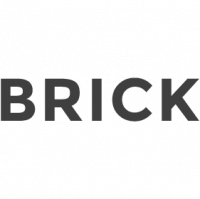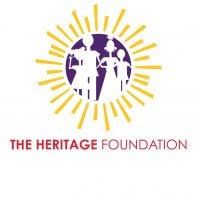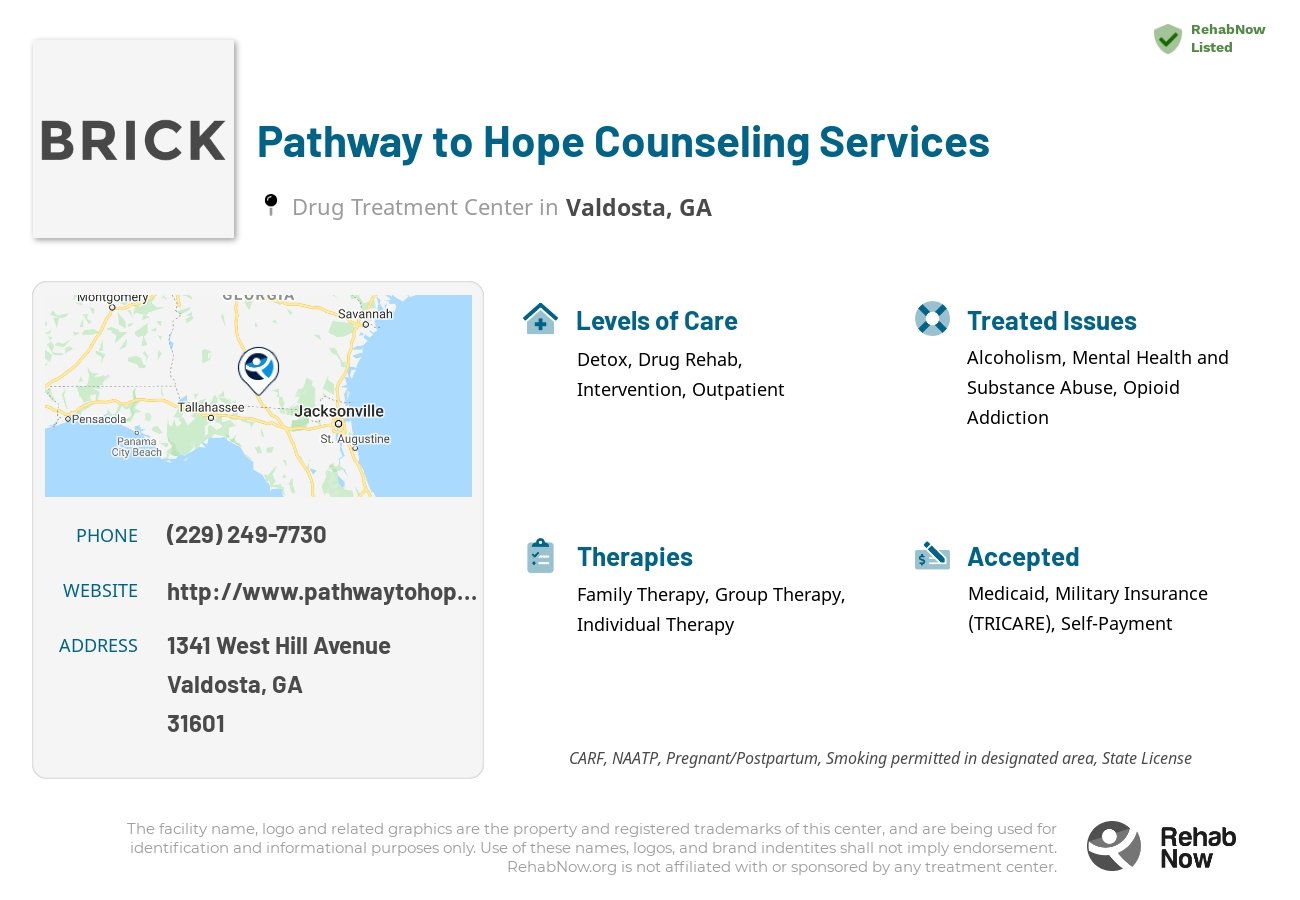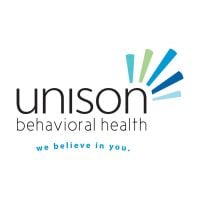
Pathway to Hope Counseling Services
Drug Rehab Center in Valdosta, Georgia
- Opioid Addiction
- Dual Diagnosis
- Drug Addiction
- Alcoholism
Pathway to Hope Counseling Services provides addiction and substance abuse services, offering individual and group therapy, intensive outpatient treatment, and evidence-based treatment including cognitive and dialectical behavior therapy, while also providing addiction assessments, family counseling services, and relapse prevention plans.
About This Georgia Facility
Pathway to Hope Counseling Services in Valdosta, Georgia offers a variety of services to those suffering from addiction and substance abuse. Established in 2008, the team at Pathways to Hope consists of highly trained and experienced counselors offering individual and group therapy, as well as intensive outpatient treatment to those in need. They provide personalized care in a safe and supportive environment and focus on helping their clients build relationships, gain insight, and use healthier coping skills.
Pathways to Hope provides evidence-based treatment including cognitive and dialectical behavior therapy that focuses on helping individuals identify and modify behaviors that contribute to their substance abuse. They offer addiction assessments to help clients determine the extent of their substance abuse issue, and also provide individual and group family counseling services. Their team also works with clients to create relapse prevention plans and encourages aftercare support for a successful recovery.
Pathway to Hope Counseling Services is accredited by CARF International and is a certified provider of both mental health and substance abuse services. They have received accreditation from the Georgia Department of Behavioral Health and Developmental Disabilities, as well as the Georgia Department of Corrections. These accreditations, licenses, and awards demonstrate the quality and commitment to providing the best treatment to their clients.
Genders
Ages
Modality
Additional
Conditions and Issues Treated
Opioid abuse has become a national epidemic in the last decade. The US has one of the world’s highest rates of opioid use and abuse, as well as opioid-related deaths. Opioids are classified as Schedule II-IV controlled substances in the US due to their high potential for abuse.
Oxycodone, hydrocodone, methadone, and fentanyl are the most common Opioids and are commonly prescribed to treat pain. Tolerance to opioids develops over time, making life difficult, if not impossible, without them. Opioid users often obtain the drugs illegally. They can be drug dealers, friends, or family members who do not have valid prescriptions.
The desire for a more intense high than prescription opioids can quickly lead to heroin use. Heroin users are more prone to illness and death due to the high risk of overdose.
Many opioid addicts who seek treatment believe that the only way to overcome their addiction is through medical detox and long-term drug addiction rehab. To help patients wean off their addiction and reduce the risk of overdose, medication-assisted therapy (MAT) involves prescribing a replacement opioid. Doctors use MAT in conjunction with other anti-craving medications to help patients maintain recovery. Due to the high risk of relapse, MAT is often combined with individual and group counseling and social support programs.
Levels of Care Offered at Pathway to Hope Counseling Services
This center offers a variety of custom treatment tailored to individual recovery. Currently available are Detox, Drug Rehab, Intervention, Outpatient, with additional therapies available as listed below.
The detoxification process typically includes some combination of the following: medical supervision, medication to help alleviate withdrawal symptoms, drug testing to monitor progress, and counseling.
Tackling the physical symptoms of withdrawal is essential to ensure that an individual can focus on the psychological aspects of the addiction without focusing on the physical pain that comes with withdrawal.
Withdrawal symptoms can be uncomfortable, even life-threatening, so carefully managing the detox process is extremely important. In many cases, more advanced pharmaceutical interventions are used to treat more severe withdrawal symptoms. Medication might help alleviate discomfort associated with detox, including nausea and headaches.
An outpatient treatment program is set up to help with alcohol or drug addiction or a co-occurring disorder. The patient must attend the facility for their therapy and other programs but can return home each night.
The frequency of mandatory attendance decreases after much of Pathway to Hope Counseling Services‘s program is complete.
Outpatient treatment is a recovery approach that allows recovering addicts to live at home while getting rehab for addiction
An outpatient can include day treatments which include attending group sessions one hour per week. A person living in an outpatient environment may be allowed the opportunity to work full time if they choose to and continue studies without interruption from drugs/alcohol.
Outpatient treatment is an option for people who want to maintain their careers and families. Outpatients live at home but attend treatment such as individual counseling, group counseling, or twelve-step meetings during the day.
Interventionism is a technique used to help an addict get clean and sober. The process begins with the addict’s family, friends, and co-workers gathering together to confront the addict about their addiction. This kind of treatment aims to get the addict in touch with their feelings about their addiction. They are encouraged to speak honestly about their drug use, as well as how it’s making them feel. Most addicts come to understand that their loved ones are only trying to help them.
Therapies & Programs
At Pathway to Hope Counseling Services , to learn from past mistakes and improve one’s situation, the recovering person meets individually with a therapist. The counselor or therapist will address addiction causes, triggers, mental issues, dual diagnosis, and aftercare plans during this time. This is a very intense and challenging process. Some clients find it easier to open up to someone other than family or friends who understand their struggles with addiction.
Family therapy is a crucial part of drug treatment and getting sober. It is one of the most effective ways to help addicts stay on the path to long-term sobriety. An addict’s family can play a vital part in helping them to avoid relapse. They can spot the warning signs and help them get back on track.
In group therapy, recovering addicts meet with a therapist and other people in recovery. Some groups are closed, meaning only people who share the same addiction or problem can attend. Others are open to anyone who wants to stop using drugs or drinking alcohol. Group therapy sessions typically focus on one topic each week or month so that recovering addicts can discuss issues they face daily.
Payment Options Accepted
For specific insurance or payment methods please contact us.
Additional Details
Specifics, location, and helpful extra information.
Valdosta, Georgia 31601 Phone Number(229) 249-7730 Meta DetailsUpdated November 25, 2023
Staff Verified
Patient Reviews
There are no reviews yet. Be the first one to write one.
Valdosta, Georgia Addiction Information
Prescription opioid use has caused a large increase in the total amount of overdoses in Georgia. Almost 12% of the Georgia population uses illicit drugs each year, and slightly over 3.5% also abuses alcohol at the same time. This does not include those who binge-drink at least once a month, which includes 20% of all Georgians.
There are 4,000 drug addicts in Valdosta, Georgia. There are an estimated 400 overdoses tied back to illegal drugs each year. Marijuana abuse is most common among teenagers and young adults. There is 2 overdose death per week caused by drugs. About 14% of all traffic accidents within Valdosta are caused by alcohol. When someone is looking for drug treatment in Valdosta, they will find many different types of programs.
Treatment in Nearby Cities
- Douglasville, GA (219.5 mi.)
- Lavonia, GA (250.2 mi.)
- Centerville, GA (127.1 mi.)
- Metter, GA (131.1 mi.)
- Dalton, GA (289.7 mi.)
Centers near Pathway to Hope Counseling Services



The facility name, logo and brand are the property and registered trademarks of Pathway to Hope Counseling Services, and are being used for identification and informational purposes only. Use of these names, logos and brands shall not imply endorsement. RehabNow.org is not affiliated with or sponsored by Pathway to Hope Counseling Services.




